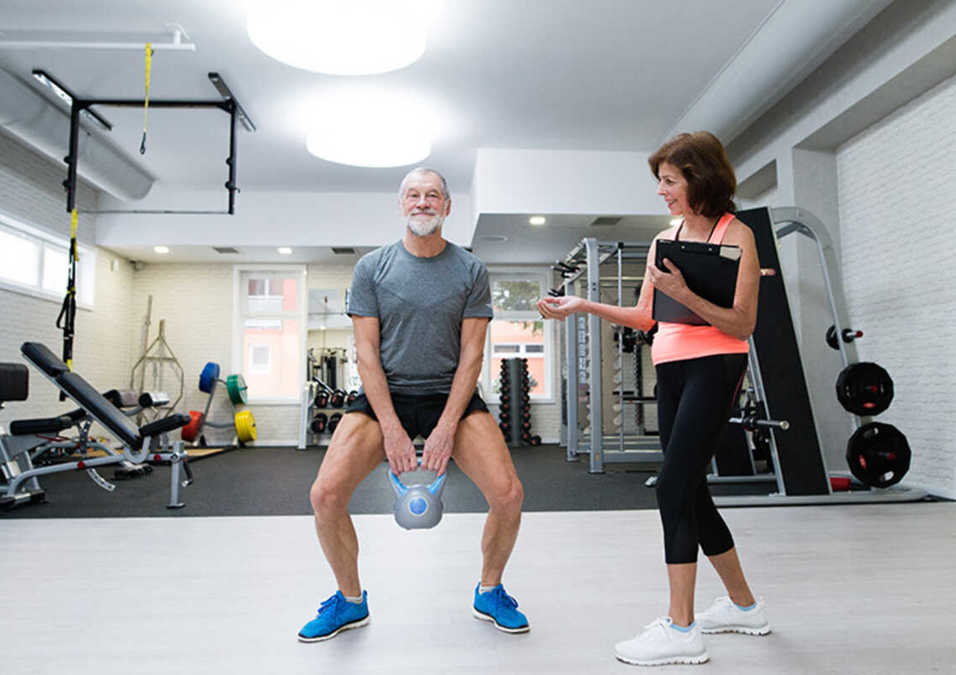Worried About Cognitive Decline? Gym.

SIGN UP FOR YOUR FREE DAY PASS TODAY!
Who would have thought that a gym membership might hold the key to combating Alzheimer’s and other forms of dementia?
Recent research led by Dr. Mikaela Bloomberg from University College London suggests that the benefits of exercise extend far beyond physical health—it could provide a cognitive boost that lasts an entire day.
The study indicates that physical activity not only offers the immediate "post-workout buzz" but also contributes to a prolonged boost in brain function, potentially offering significant advantages for overall brain health.
Key Findings from the Study
The research monitored 76 men and women over eight days, using wrist-based activity trackers to measure their physical activity and sleep patterns.
Participants also completed daily cognitive tests to examine how exercise and rest affect brain function.
Published in the International Journal of Behavioral Nutrition and Physical Activity, the study revealed some fascinating results.
It found that moderate to vigorous physical activity enhanced working memory and episodic memory even the next day.
Additionally, quality sleep—specifically deep, slow-wave sleep—was linked to further cognitive improvements.
Dr. Mikaela Bloomberg shared in a media release, “Our findings suggest that the short-term memory benefits of physical activity may last longer than previously thought, possibly to the next day instead of just the few hours after exercise.”
The Link Between Exercise and Brain Function
The study suggests that exercise enhances blood circulation in the brain, which in turn promotes the release of neurotransmitters like dopamine and norepinephrine.
These biochemical changes can significantly boost cognitive function. While these changes are known to last a few hours, the study indicates that exercise’s influence on the brain may have longer-lasting effects.
However, Professor Andrew Steptoe, a co-author of the study, cautioned, “We can’t establish from this study whether these short-term boosts to cognitive performance contribute to longer-term cognitive health.”
While more research is needed, the study offers compelling evidence that regular exercise may serve as a valuable tool for boosting cognitive health—both in the short and possibly the long term.
Source: hindustantimes
The opinions shared in the GymNation blog articles are solely those of the respective authors and may not represent the perspectives of GymNation or any member of the GymNation team.































































